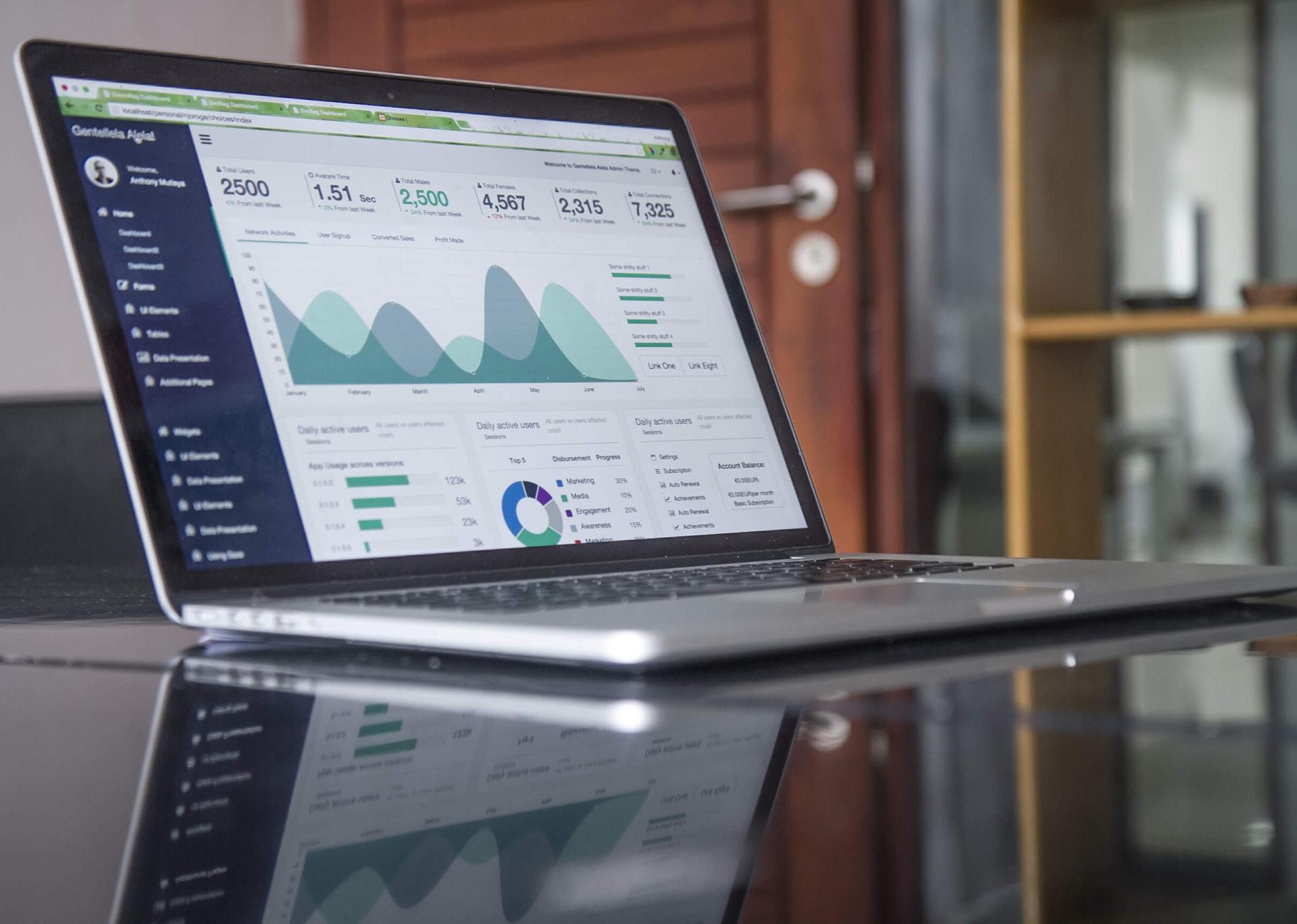What skills do Data Scientists and Analysts need?
by Nitin Kumar

As the Program Manager for Data Science at Constructor Academy, I am often asked the question: which of these two programming languages, Python or R, should an aspiring Data Scientist learn? I had the luxury of learning and developing in both programming languages. During my research career, I focused primarily on R. When I worked as a Data Science Consultant, I did most implementations in Python.
In my opinion, everyone asking this question is new to the field of Data Science and is being confused by an amplitude of online resources and the never-ending war between statisticians and non-statisticians (that includes engineers, computational scientists, and physicists).
Brian Ray’s blog Python vs (and) R for Data Science has done a very nice comparison of the two in terms of their usability and performance. In this blog, I try to help people resolve their confusion by understanding the job market (what we all want is a job in this field) in Switzerland.
The answer to the question of what skills data scientists Constructor Academy should have can be found by scanning jobs.ch for Data Scientist and Data Analyst keywords. This resulted in 425 job postings (75% in English, 23% in German, and 2% in French, April 2019). For the Data Scientist job descriptions, 27% asked for R and 31.5% asked for Python, whereas for Data Analyst, 24% of the job postings asked for Python and 22% for R. With this data, learning Python appears to be more favorable than R but at Constructor Academy we introduce both programming languages.
If I would have to give an opinion to learn a programming language, start with one (anyone) and then learn the second as well. For quick exploratory analysis, testing, and time-series analysis, I find R to be a better option, however, to make deployable systems Python certainly has an edge.
We also observed that many employers asked for knowledge in SQL and Machine Learning. The above suggests that job seekers should try to develop these skills as well down the line.
Aside from the above-mentioned hard skills, our students also looked into other skill sets required for Data Science roles. Given their nature, it’s not surprising that analytical skills show up as one of the top soft skills. However, communication is still at the top of the soft skills employers ask for. I am often asked by externals to provide candidates with technical aptitude in Data Science but great communication skills and the ability to understand business as well. We at Constructor Academy teach business acumen by providing each student with an industrial Data Science Capstone project. During the project, students deal with business partners to solve a real business Data Science case.
Another important word that comes up in our analysis is “Team”. As the day-to-day responsibilities revolve around interfacing with various other roles including engineers, product managers, marketing, and others, teamwork is also an indispensable skill and should not be brushed off by aspiring Data Scientists and Analysts.
I would like to thank Phoenix Jieh and Nadia Chyalak for providing the numbers.